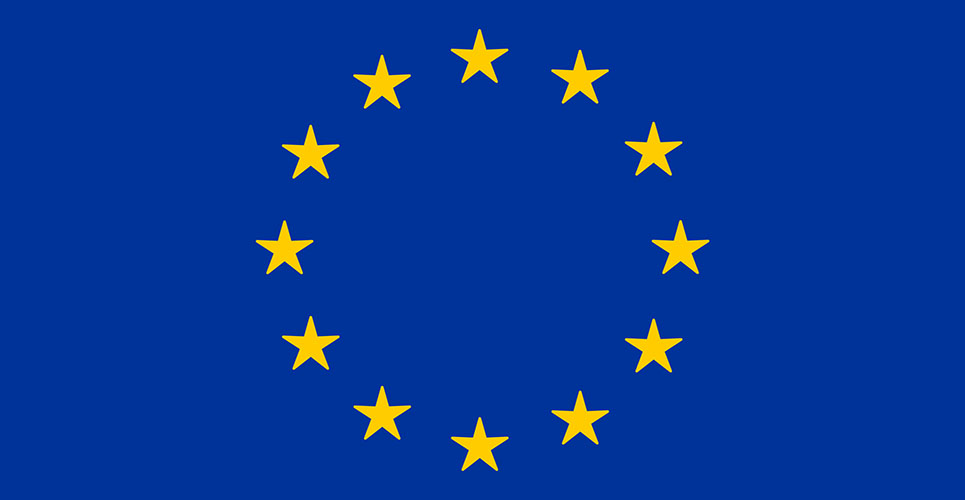teaser
Brian Edwards CBE
Emeritus Professor of Healthcare Development
University of Sheffield
UK
President
HOPE
(European Hospital and Healthcare Federation)
Now that health has been excluded from the European Services Directive, discussions continue about the alternative of a directive focused just on the health sector. Commissioner Markos Kyprianou is stressing the urgency of providing a proper legal foundation for patient mobility and appears to be soft-pedalling the other options, including professional mobility and centres of reference.
This is probably sensible in view of the challenge of getting agreement on this issue alone. In a close vote (250 in favour, 243 against) the European Parliament offered support to the Commission in creating a framework for the crossborder aspects of healthcare, including legal certainty about the reimbursement of payments. The closeness of the vote shows the reluctance of many to see the Commission’s role in the health sector expanded.
Meanwhile France is in trouble for failing to implement the Directive on mutual recognition of professional qualifications, including pharmacy, nursing and midwifery. If France declines to comply it will find itself in the European Courts.
In a significant move for the pharmaceutical world, Commissioner Gunter Verheugen has announced that in 2008 the European Commission is expected to propose a new legal framework for the enhanced monitoring of medicines in the EU. In particular, the commission wants to deal with the problems that arise after a drug has been licensed. This is likely to lead to new rules about transparency and pharmacovigilance data, and rationalising and simplifying the reporting of adverse drug events.
A Council of Europe report on medication safety confirms earlier studies indicating that medication errors are the single most common preventable adverse risk. Between 6% and 13% of hospitalised patients suffer an adverse event, and 40% of these relate to medication. Other studies show that up to 5% of admissions to internal medicine and intensive care are caused by medication errors. Despite this the Council of Europe study concludes that national safety systems in Europe are of very mixed quality. The answer, they think, lies in better reporting systems, common terminology and a culture of safety. A simple step would be to deal with errors that occur as a consequence of sound-alike and look-alike drug names, similarities in the outer appearance of the medicines packaging and unclear, ambiguous or incomplete labelling information.
One is left to wonder why this policy area is not the potential subject of the planned health directive, which could direct the creation of national reporting systems where none currently exists and set a standard for those that do. If the pharmaceutical industry are unhappy about directives in this area they should consider sorting it out themselves and thus demonstrate the ethical industry base they often talk about.
The EU interest in health is not surprising, given the amount of public money the latter takes up and the growing size of the industry that uses the money for patients. If health were an entirely private-sector industry it would be much more heavily regulated than it currently is. The trend line is, however, clear and is moving in the direction of a larger profit and not-for-profit sector at the expense of the state-managed services.

